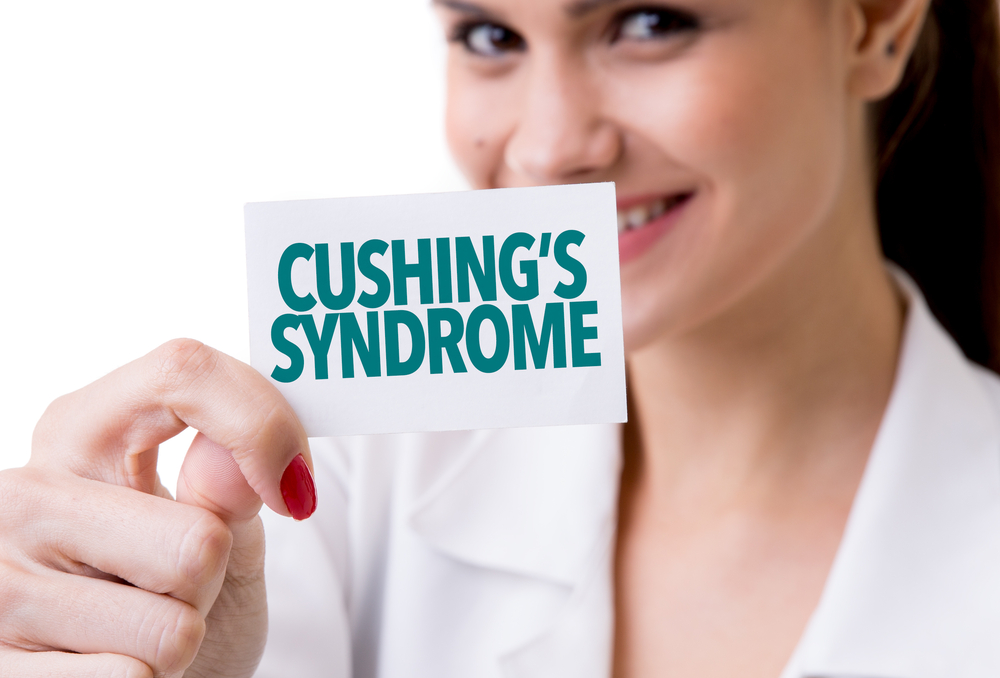Cushing’s syndrome happens when your body has been exposed to the excessive hormone cortisol. This can be a result of consuming oral corticosteroid drugs, or if your body is producing excessive cortisol.
Consuming too much cortisol can bring some of the symptoms of Cushing’s syndrome. Moreover, Cushing’s syndrome can also be an outturn in bone loss, high blood pressure, and type 2 diabetes.
The treatment for this condition can restore the normal cortisol level of your body and enhance your symptoms. Moreover, the earlier your diagnosis and treatment is, the better your possibilities for recovery will be.


